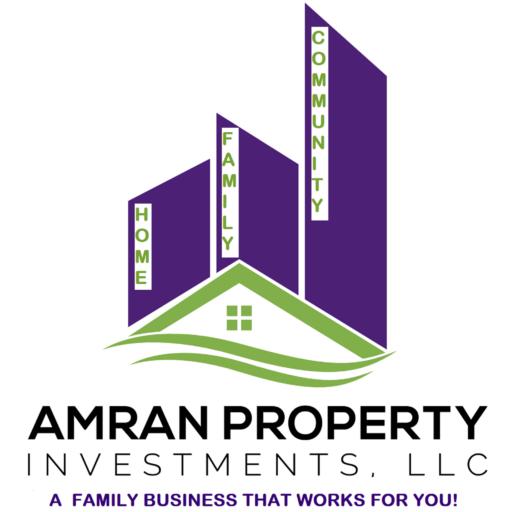“I’m behind in payments…will I be giving my house back to the bank in Winston Salem ?”
Nobody wants to lose their home. But sometimes financial circumstances turn against you and those financial commitments become simply too much to manage.
If your situation progresses too far, you may be forced into the unfortunate situation of having to give your house back to the bank in Winston Salem NC, leaving you temporarily without a place to stay. In addition, there may be long-term consequences, including a dramatic and long-lasting impact to your credit (and your ability to get a house in the future).
No one wants that. That’s not an ideal outcome. Fortunately, there is a strategy you can take today to help you proactively protect yourself and get back on track to financial solvency.
Here’s a brief overview of the foreclosure process
The foreclosure process can vary depending on location and the type of mortgage you have.
Usually, if you miss a few mortgage payments, your loan company will start sending you notifications and then warnings. Over time, if you fail to pay back the mortgage payments you missed, the loan company may put your home up for public auction.
How long you can stay in your house after it is sold in auction depends on the state where you live. At some point, however, you will need to find a new place to stay.
Giving your house back to the bank in Winston Salem can be a daunting process, often accompanied by a series of tough decisions and emotional challenges. If you find yourself in a situation where surrendering your home seems like the only viable option, it’s crucial to approach the process with careful consideration and an understanding of the available resources. Firstly, it’s important to evaluate your financial situation and gather all the necessary documents related to your mortgage and property. Understanding the terms of your mortgage agreement and the foreclosure process specific to Winston Salem can provide you with a clearer picture of the steps ahead.
Seeking guidance from a financial advisor or a housing counselor can offer valuable insights into the available options and potential alternatives to foreclosure. Exploring the possibility of a short sale or deed in lieu of foreclosure may present more favorable outcomes compared to the standard foreclosure process. Additionally, discussing your circumstances with the bank and negotiating a solution that benefits both parties can be a constructive step in mitigating the financial impact of surrendering your home. Remember that while the process might seem overwhelming, there are professionals in Winston Salem who specialize in providing support and guidance to homeowners facing similar challenges. By reaching out to these resources and maintaining open communication, you can navigate the process with greater clarity and a sense of control.
Fortunately, you have options!
If you wait until your home is foreclosed, it can have a devastating effect on your credit rating. One option to protect yourself is to work out an arrangement with the loan company called a “deed in lieu of foreclosure”.
This is when you hand over ownership of the house to the loan company so that they save the money they would spend on foreclosure proceedings, which can be significant. And you get to avoid having a foreclosure listed on your credit rating.
You can also avoid foreclosure by selling your house before it’s lost at the auction. If your loan is paid in full then there will be no more penalties against you and your credit rating. (If your loan isn’t paid in full you will need to make up the shortfall).
Here’s an example: Let’s say you owed $100,000 on your home and you sold your home to us for $90,000. You would give that money to the loan company, along with $10,000 to make up the short-fall, and your loan would be paid off. (If you contact a real estate attorney, you may be able to negotiate a deed in lieu of foreclosure deal in which the loan company agrees not to go after the difference in exchange for the deed to the house.
At Amran Property Investments, LLC, we’re professional real estate investors. Contact us today at (336) 715-3931 to find out what we can offer you for your house — even if it needs repairs.
I want to avoid giving my house back to the bank in Winston Salem !
Why do people choose to sell their home instead of going through foreclosure? (After all, they still don’t live in their home anymore.)
Well, losing a home can be difficult but the impact on your financial situation and your credit is considerably less than if you simply wait out the foreclosure process. In fact, going through foreclosure could impact your credit score by as much as 100 to 150 points. So the short-term challenge of selling your house is still a better choice than the long-term pain of giving your house back to the bank.
